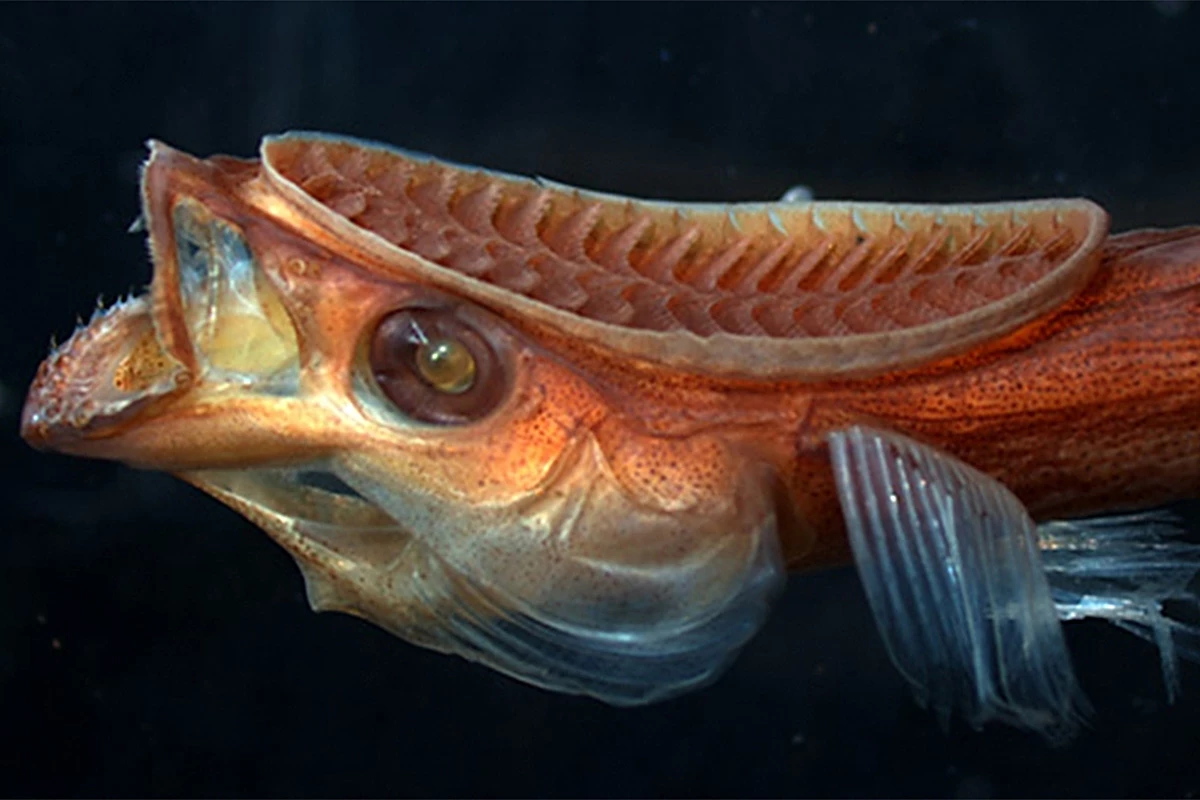Researchers at the Massachusetts Institute of Technology (MIT) have developed a groundbreaking drug delivery device inspired by the unique anatomy of the remora, a type of fish known for its ability to adhere to larger marine animals. This new technology, named MUSAS (short for Mechanical Underwater Soft Adhesion System), has the potential to revolutionize how medications are delivered within the human body and could also be used for underwater robotic applications.
The remora employs a suction cup-like structure on its head to attach itself to sharks and other large sea creatures. This allows the fish to benefit from the protection provided by its host while keeping parasites at bay. MIT researchers have mimicked this mechanism to create a capsule-sized platform that adheres to a variety of surfaces, even in water or acidic conditions.
How MUSAS Works
MUSAS operates without the need for batteries or external power sources. It features a stainless steel backbone that supports silicone rubber and temperature-responsive smart materials arranged in angled plates known as lamellae. This design is similar to the remora’s suction disc, enhancing the platform’s ability to create suction in aquatic environments.
One of the key innovations in MUSAS is its inclusion of microneedle-like structures made from temperature-responsive materials. These needles interlock when exposed to body temperature, providing a secure grip on tissue surfaces. This capability allows the device to adhere strongly to soft tissues in liquid environments, making it suitable for various medical applications.
In testing, researchers successfully attached MUSAS to a fish, where it remained securely in place even as the fish swam vigorously in a tank. This demonstrates the device’s potential for use in aquatic research settings. Additionally, the team fitted MUSAS with a compact impedance sensor and tested it on the esophagus of pigs, monitoring gastric fluid reflux. This method could significantly improve how gastroesophageal reflux disease (GERD) is monitored, offering a more comfortable alternative to traditional methods that involve inserting a tube through the nose or mouth.
Long-Term Drug Delivery Potential
MUSAS has shown promise in delivering therapeutics over extended periods, with tests indicating it can administer drugs for up to a week. Researchers incorporated an HIV drug and RNA into the device’s materials, allowing for gradual diffusion into the body. This approach addresses challenges associated with regular medication dosing, potentially improving patient compliance and health outcomes.
The team’s findings, detailed in a recent publication in the journal Nature, highlight the versatility of MUSAS. Future research will explore its capacity to deliver other medications and vaccines, as well as its potential to deliver electrical impulses to stimulate appetite by activating specific hormones within the body.
As the field of drug delivery continues to evolve, technologies like MUSAS represent exciting advancements that could redefine patient care and treatment methodologies. The implications of this innovation extend beyond medicine, indicating a broader applicability in various scientific and engineering domains.








































































